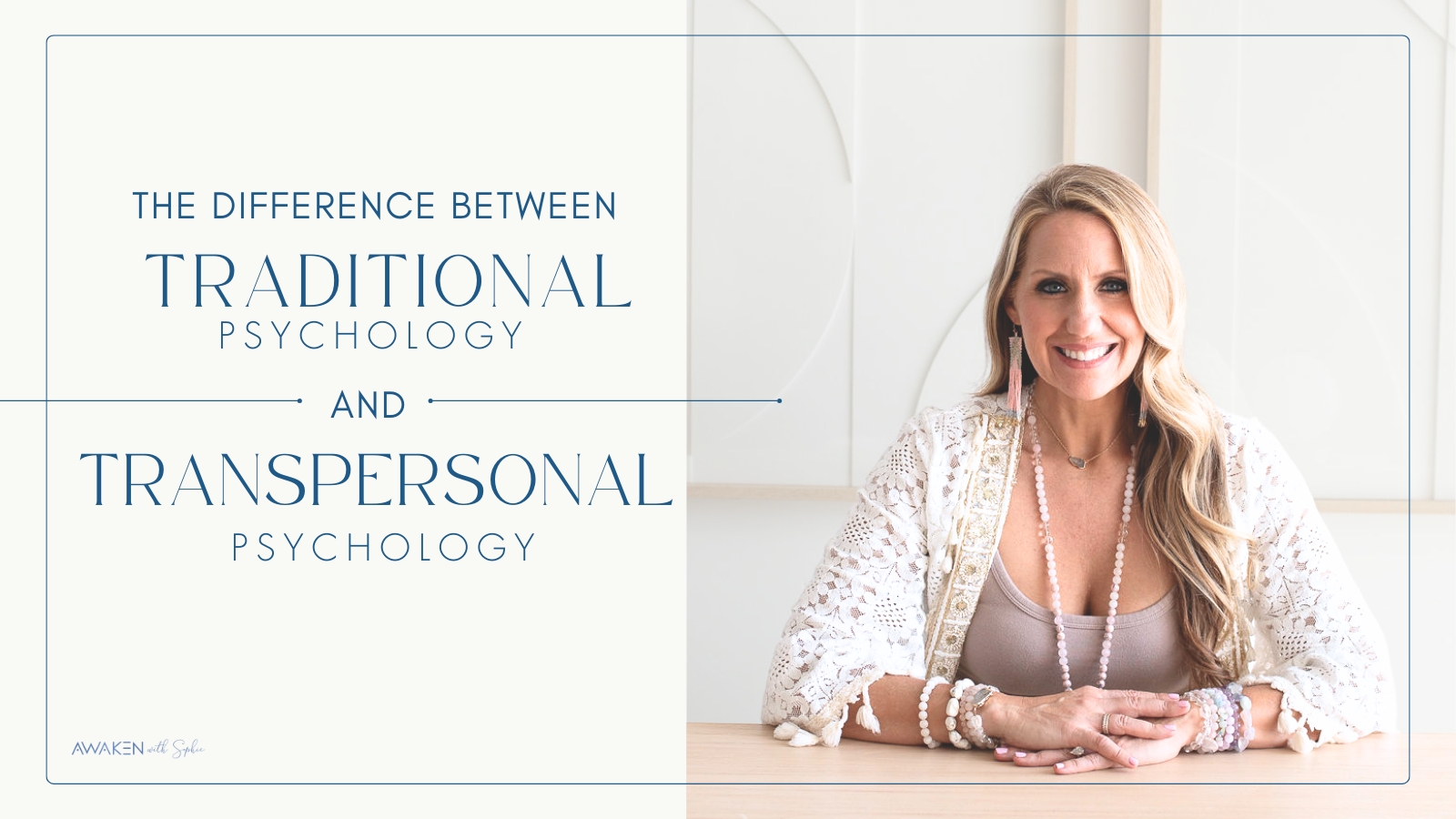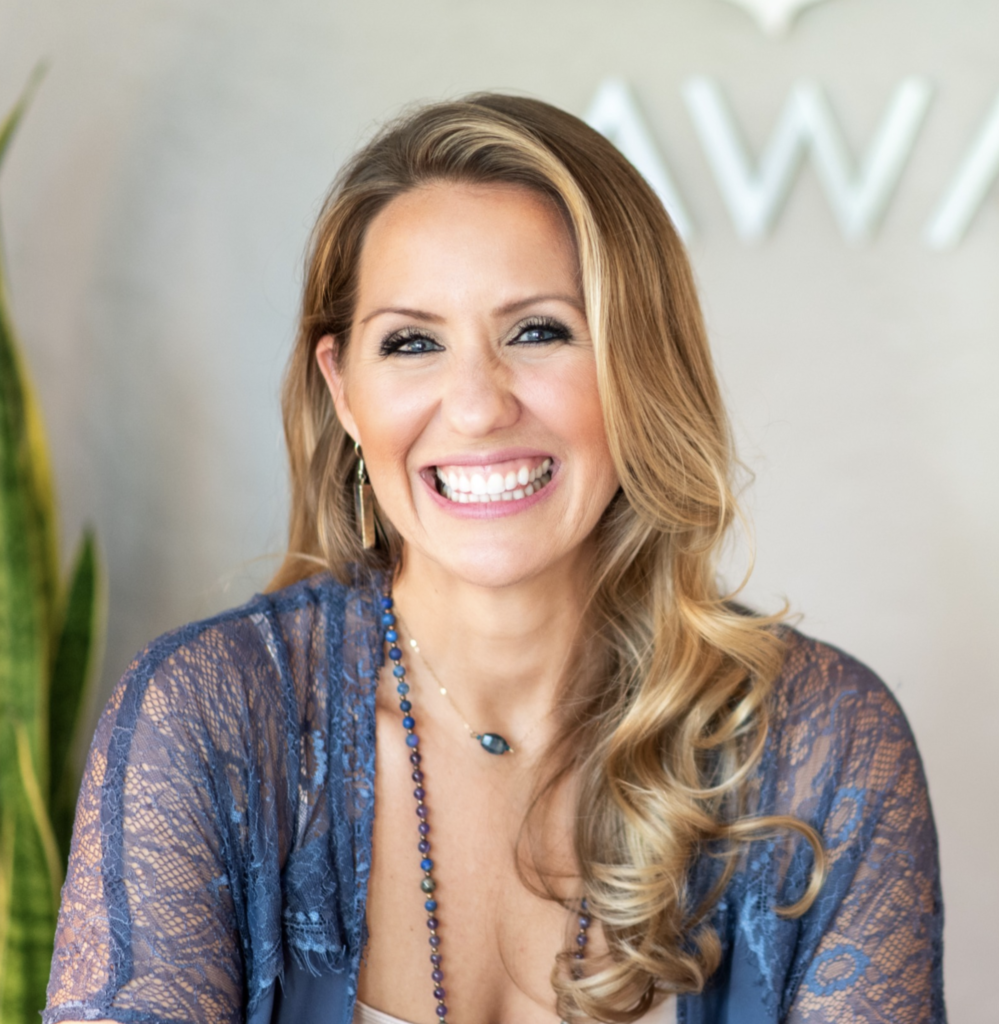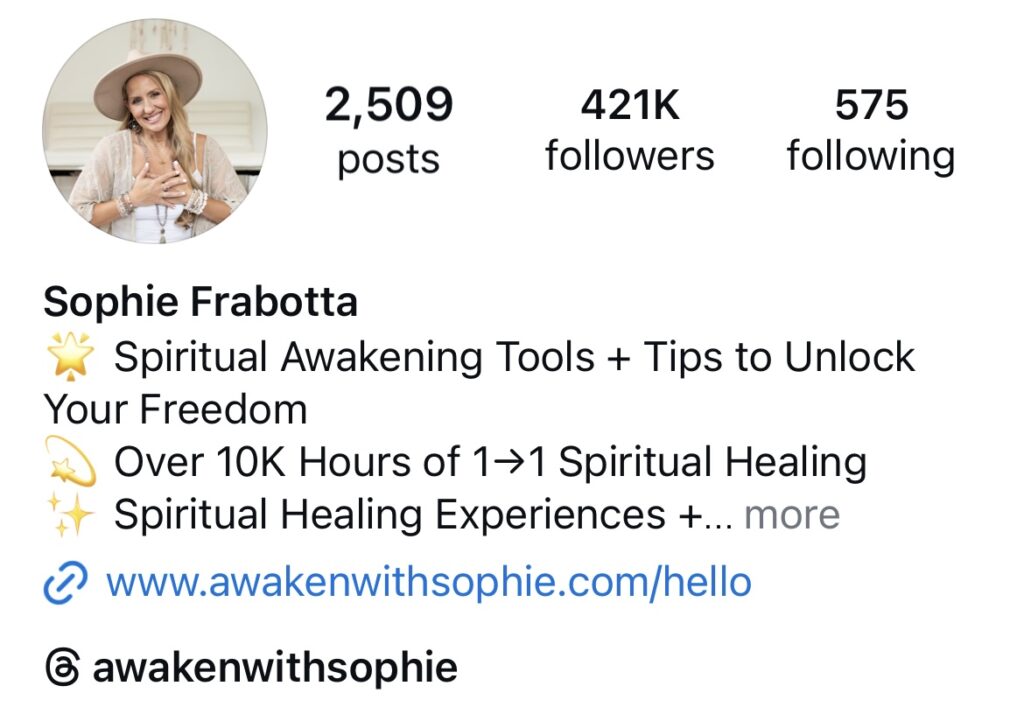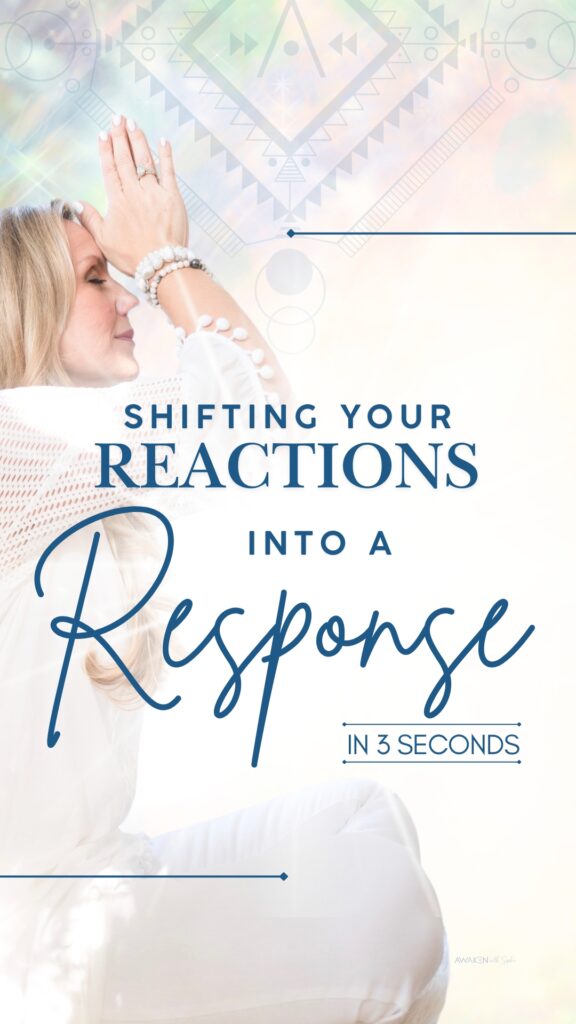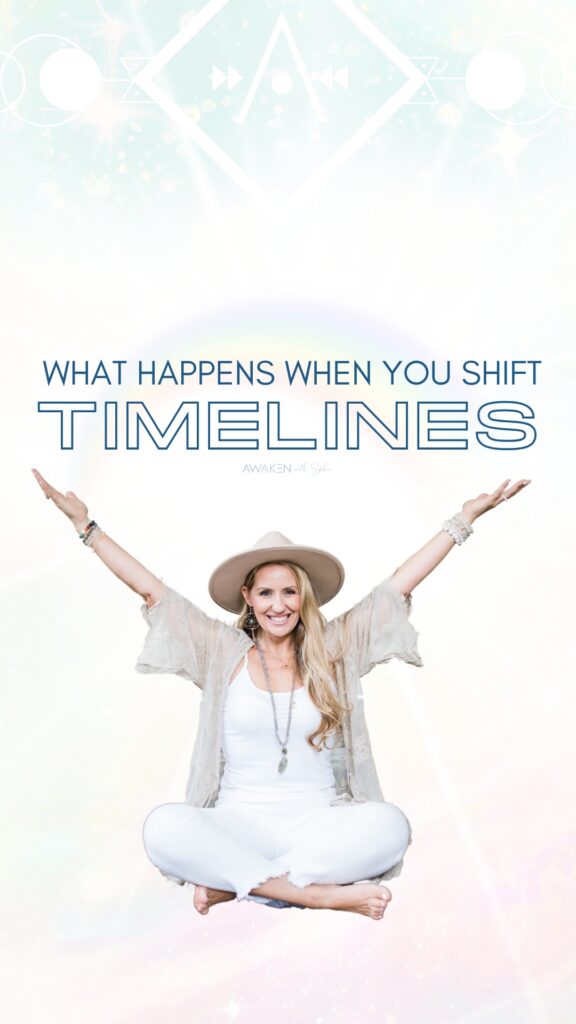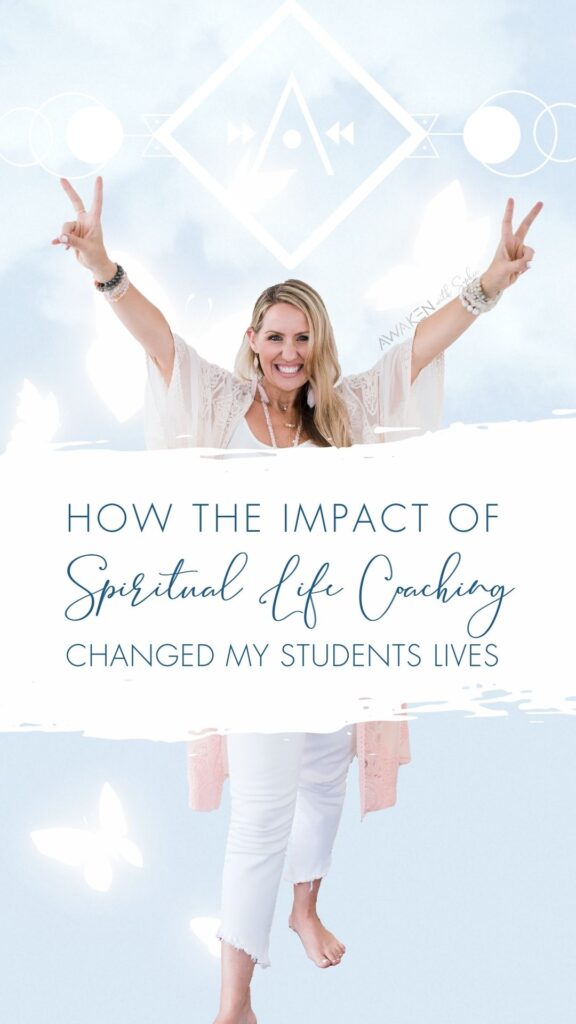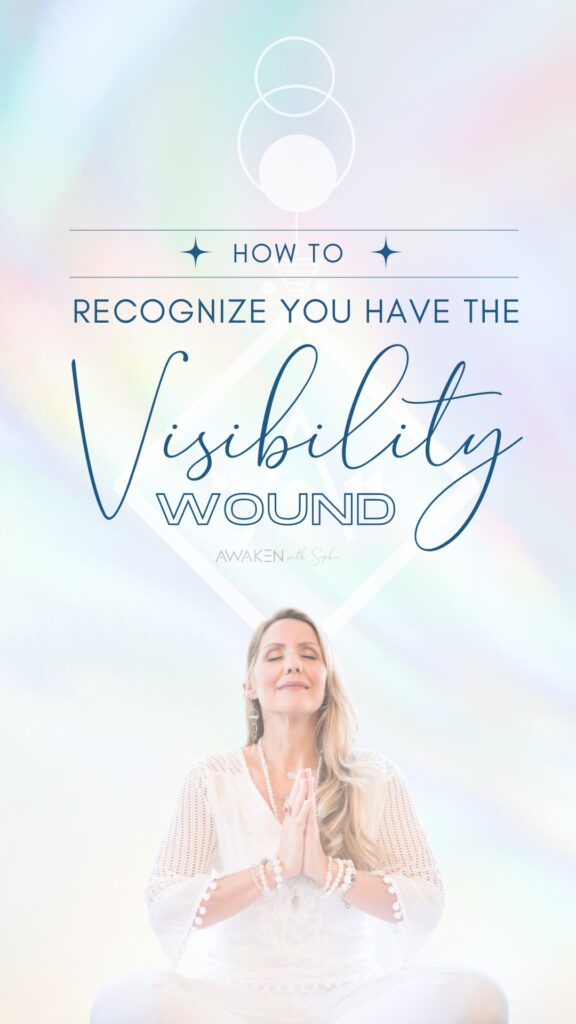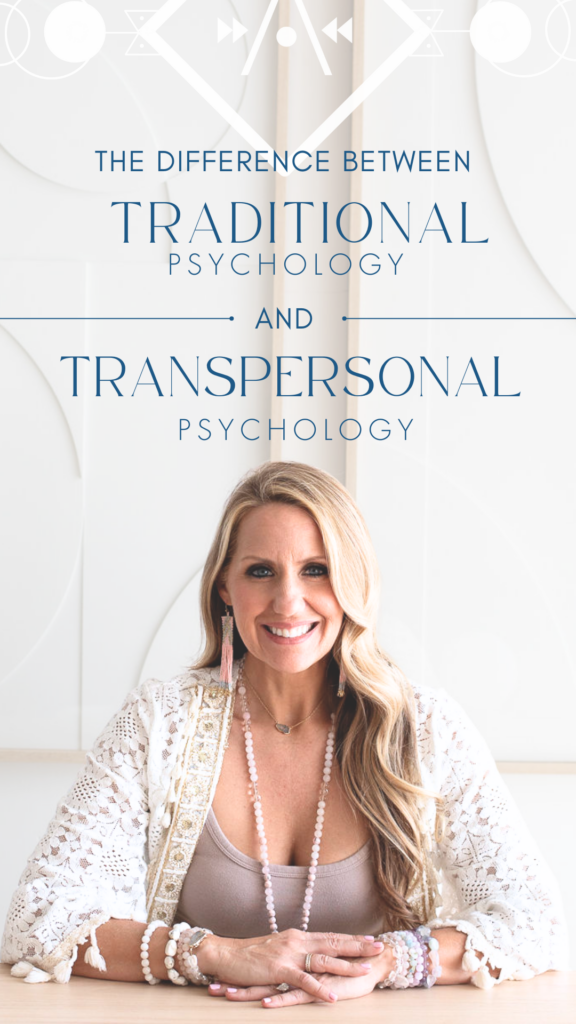
The Difference Between Traditional Psychology and Transpersonal Psychology
In my academic and personal healing journey over the past 2 decades, I was able to see the benefit of a real fusion come to life.
Transpersonal psychology was the answer to my prayers and I often get questions about what this approach is, so I will explain the difference here. But before we dive in, it is important to have a bit of a background.
I received my undergrad in traditional psychology and then got certified as a Spiritual Life Coach, and started my Soul driven career.
I went on to achieve thousands of hours of experience in the first handful of years, but something seemed to be missing in my spiritual frameworks.
Don’t get me wrong, my clients were still having great success, but I was not feeling (what I now define as) soul satisfaction. I felt a gap inside of myself, a whole in my work and I knew I could bring more powerful results to the people I was working with.
This was the beginning of my journey into looking for higher level education. I knew I wanted to get a master’s degree, but was particularly turned off to the traditional psychology field and the over focus on neurosis instead of breakthrough.
I was then rather quickly led to Transpersonal psychology, which was a massively different approach from all the traditional psychology
While both approaches aim to explore the intricacies of the mind and behavior, they differ significantly in scope and methodology.
So let’s examine the differences between the two: Traditional Psychology and Transpersonal Psychology.
Traditional Psychology
Traditional psychology, often referred to as mainstream or conventional psychology, focuses on the scientific study of mind and behavior.
This approach has been instrumental in developing evidence-based treatments for various psychological conditions. Sigmund Freud is known in psychology as the founder of psychoanalysis, a theory and therapy emphasizing the unconscious mind, childhood experiences, and the influence of repressed desires on behavior.
His theory went on to be known as the basis for what most today think of, when they think of psychology. The key characteristics of traditional psychology include:
- Behavioral Focus: Examining how external stimuli influence behavior, leading to the understanding of why someone behaves the way they do.
- Cognitive Processes: Investigating internal mental processes like perception, memory, and problem-solving.
- Empirical Research: Prioritizing measurable and observable data to form conclusions that influence human thinking and behavior such as cognition, attention, mental processing, intelligence, personality, emotions, and motivation.
- Top-Down Approach: focusing on identifying and changing what the person perceives as negative or problematic aspects of their thoughts, feelings, and behaviors.
While this traditional framework has provided valuable insights, I find that it often limits the individual’s personal experience because it omits the spiritual and transcendent aspects of human existence. One of the biggest complaints I have heard from hundreds of people over the years is:
“I know I have this problem and therapy helped me find it, but how do I become free from it?”
Most people want freedom from their wounds and I have found this is not a typical result people get from the traditional psychological approach offered in therapy.
Transpersonal Psychology
Transpersonal psychology emerged as a response to these limitations found in traditional psychology. It’s goal is to integrate spiritual and transcendent experiences into the understanding of the human psyche.
In layman’s terms I like to say, “it helps you have peak experiences after you have completed the healing work.”
The transpersonal approach adds a link between the mind and body, spirituality and psyche, which the first founding father of psychology, William James was known for.
But his work was overshadowed by Freud who created a highly controversial stir, particularly with his emphasis on sexuality, the unconscious mind, and his theories of psychosexual development.
James was a Professor at Harvard who taught the very first class on psychology, after experiencing his own bouts of depression.
(If you do not know his approach I highly encourage you to explore.)
Transpersonal psychology acknowledges that human experiences can extend beyond the ego or personal identity, encompassing broader aspects of consciousness and interconnectedness.
It doesn’t negate the healing work, but rather takes someone to new awareness and reality, post transformation.
Defining features of transpersonal psychology include:
- Holistic Perspective: Embraces a comprehensive view of an individual that considers the physical, emotional, mental, and spiritual dimensions.
- Spiritual Exploration: encourages individuals to explore connections to something greater than themselves. This can be nature, the universe, or a sense of collective consciousness. With an emphasis on having mystical experiences that transcend the personal self.
- Integration of Healing Wisdom: Incorporates shadow work and healing processes to connect with the unhealed aspects of one’s self, while embodying spiritual insights from various spiritual and philosophical traditions to enrich psychological understanding.
After I completed my Master’s Degree in 2016 and achieved over 10,000 hours of 1-1 healing with clients, I found that the transpersonal perspective filled the gap that I was looking for. I specialized in spiritual psychology and found this new resonance inside of the transformative journeys I would go on with my clients.
Transpersonal Psychology provided me with a framework that honors the full spectrum of human experience, recognizing that personal growth often involves transcending the individual ego and embracing a sense of unity with the greater whole.
Blending Transpersonal Psychology into Spiritual Coaching
Transpersonal psychology opened the door for me to explore the deeper existential questions and embody my spiritual growth.
And this is just a preview of what I teach my students in our High Level Healer’s Journey in our Spiritual Life Coach certification. In this space, I implement this kind of transpersonal and spiritual framework with 20+ years of spiritual experience to help you heal and have peak experiences.
If you want to learn more about how I can help you step into fulling your soul satisfaction, where you get to heal first – so you can authentically help others heal, you can visit this link to learn more.
I hope this article has given you a better understanding of the distinctions between traditional and transpersonal psychology, enriching your approach to your own personal development and healing journey.
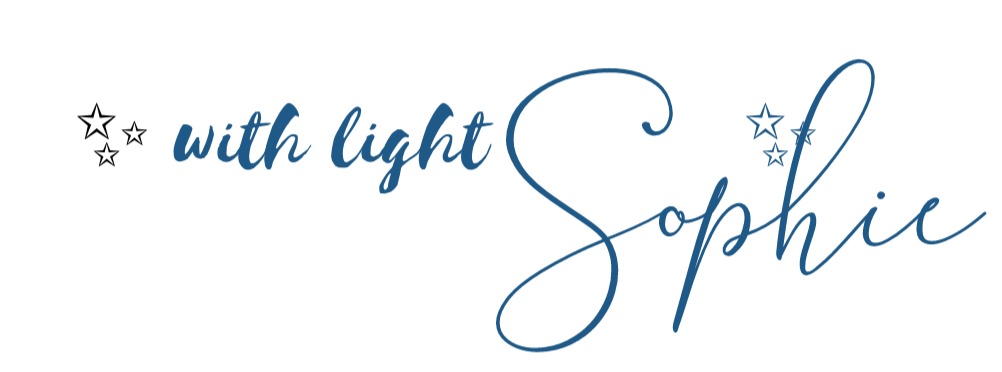
By Sophie Frabotta, M.A.
Author,Certified Spiritual Life Coach, Healer
I am a heart-centered, soul leader who is so honored to be doing this work. With over 10,000 hours of 1-1 experience, a leader in the field of Spiritual Life Coaching, and a Globally recognized Spiritual Life Coach Certification – I teach students the depth of real transformation in a way that most have never seen. Having transformed my own body, mind and spirit, I am honored to take you into your inner chamber, show you how to lift out of karmic soul wounds and stabilize your higher vibration in 5D.
Share This Post
Let me know your thoughts, please leave a comment down below. Your email is just a security measure to avoid spam/bots, and a way for us to keep this space sacred – all comments are approved.
Follow Us On Instagram for More Spiritual Inspiration

